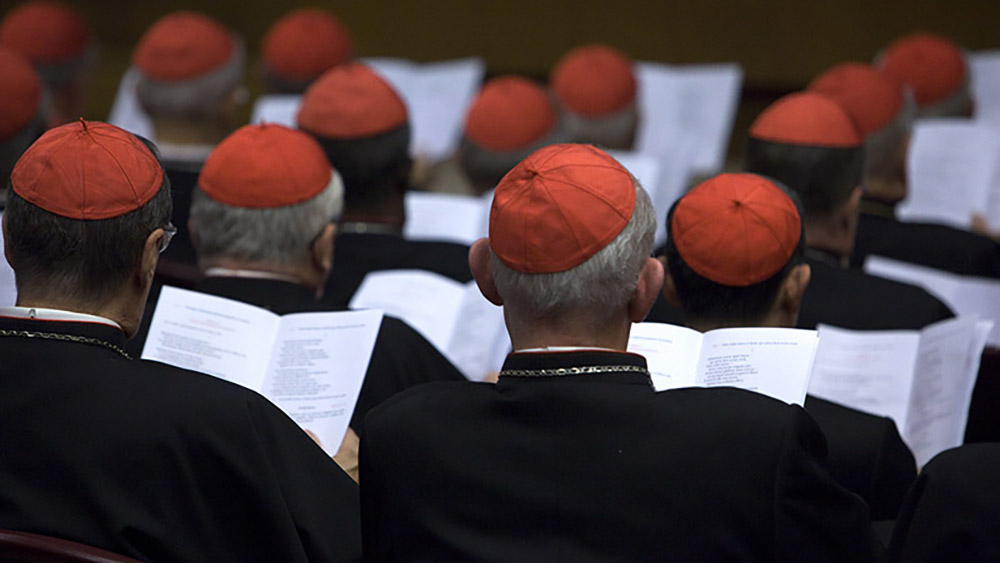The Church’s Code of Canon Law states, “Those promoted as cardinals are men freely selected by the Roman Pontiff, who are at least in the order of presbyterate and are especially outstanding for their doctrine, morals, piety, and prudence in action; those, however, who are not yet bishops must receive episcopal consecration” (Canon 351).
An earlier text in the Code describes the tasks that fall to cardinals. It remarks cardinals elect the pope and provide assistance when the pontiff summons them together to discuss matters of particular importance. Cardinals also assist the pope in less visible ways, such as when they serve as the administrative directors of various Vatican offices. We are used to seeing cardinals exercising the bishop’s role in important dioceses. This is a long-standing honor paid to men who have particularly distinguished themselves in service to the local Church.
In November 1970, Pope Paul VI introduced a policy obliging bishops (including cardinals) to submit letters of resignation when they become 75 years old. This does not mean a cardinal loses his title, but it affords the pope the opportunity to consider whether a man should be allowed to surrender the burdens of his office and enjoy a time of retirement.

